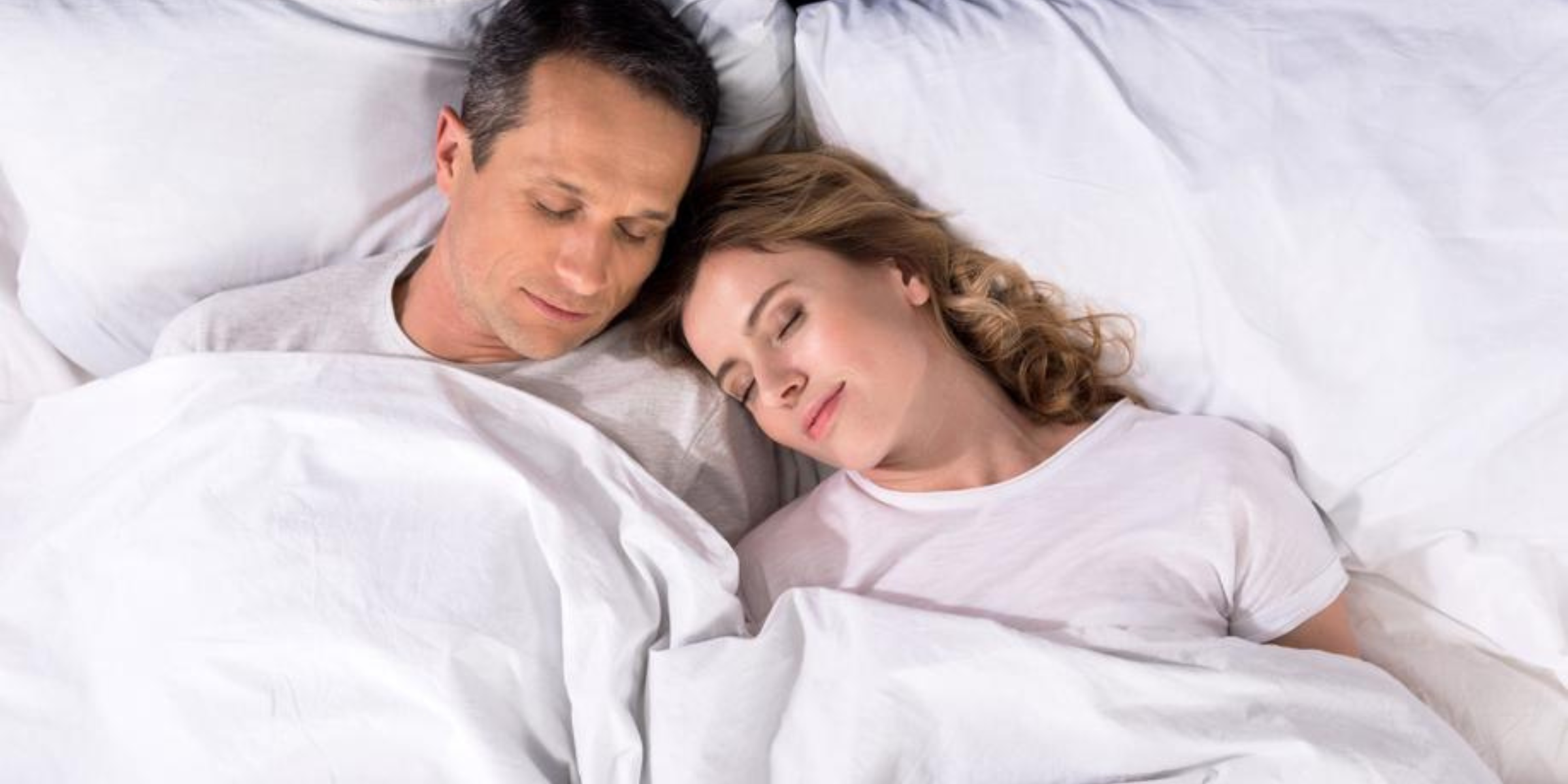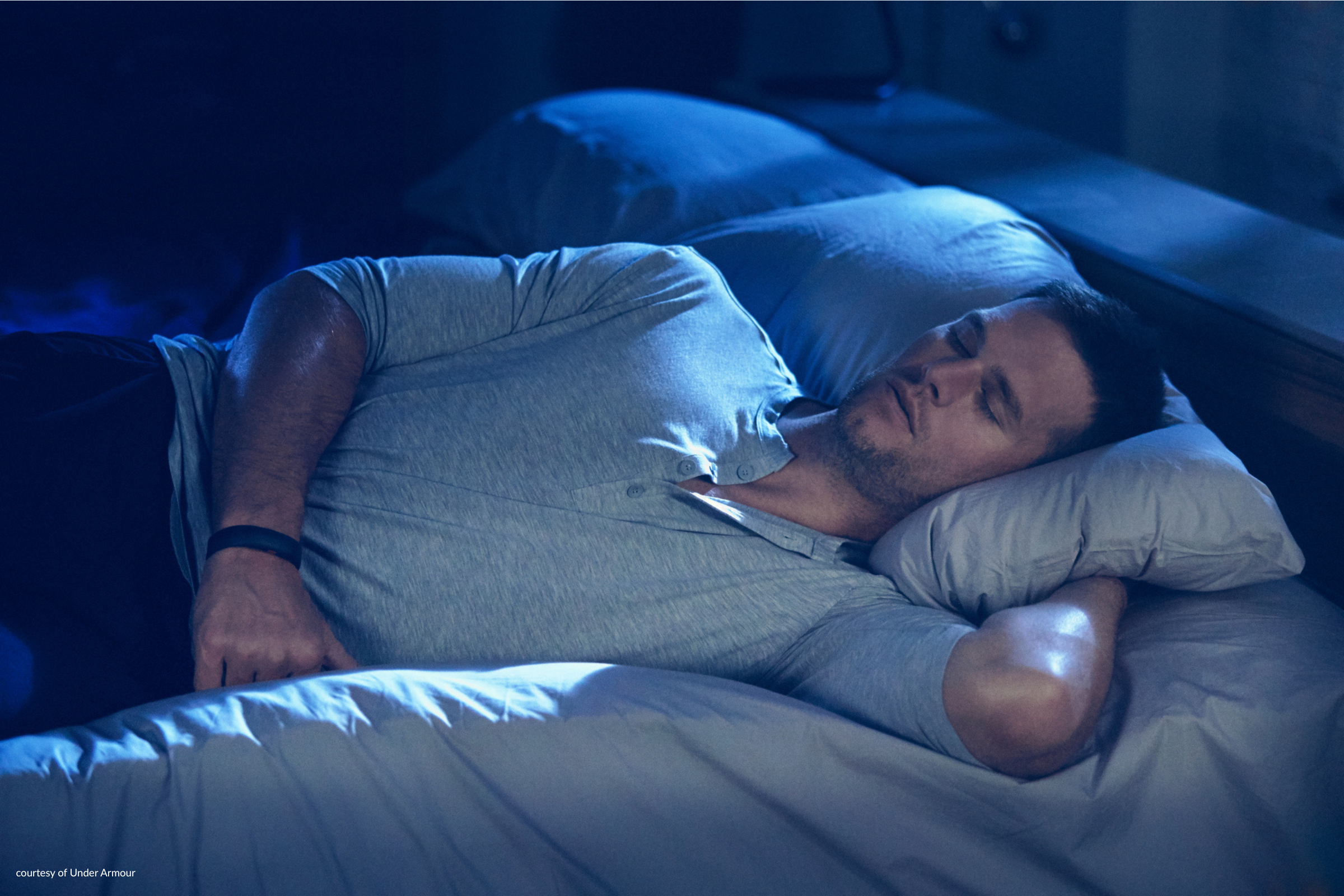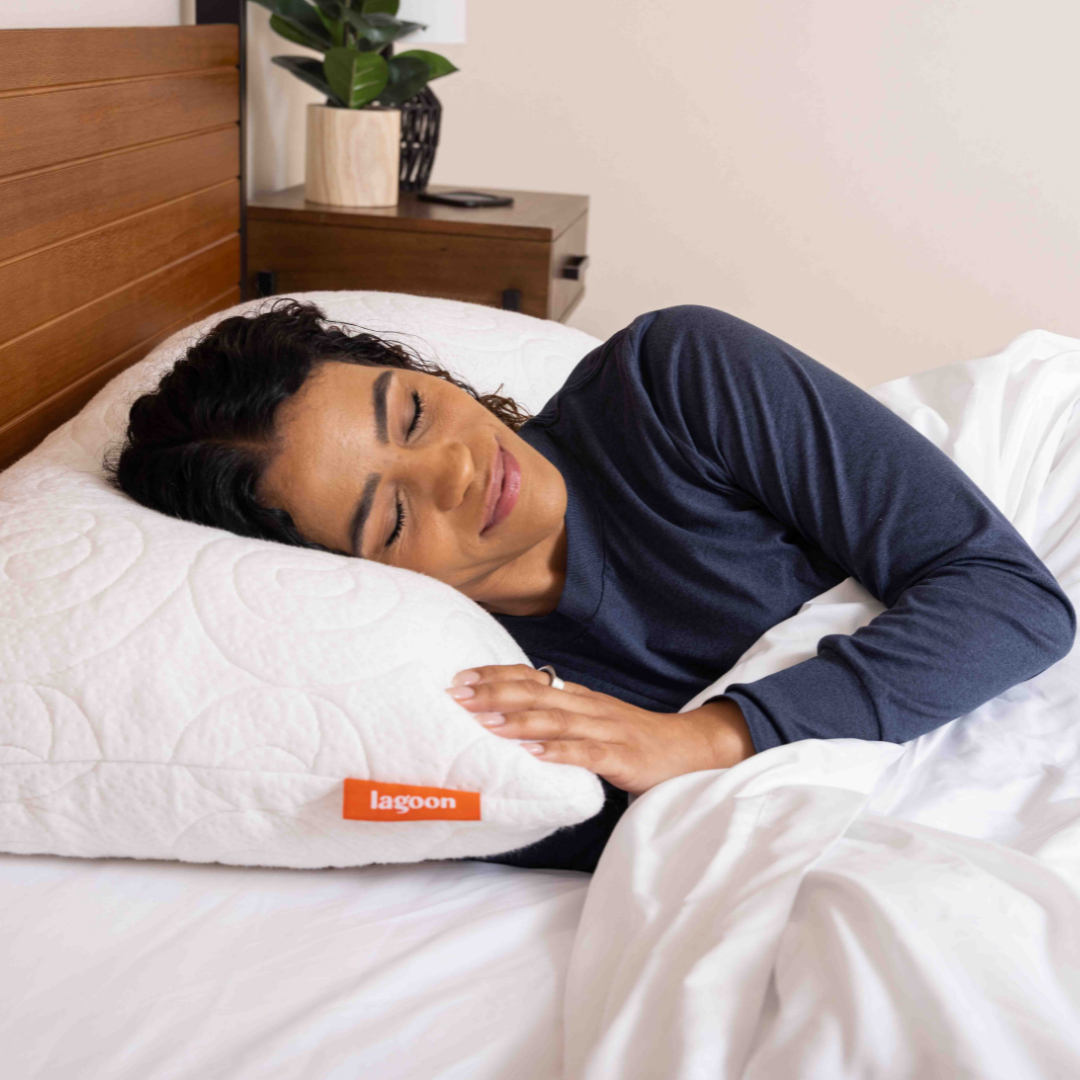Hey packlings 👋
Are you sleep-synced with your spouse? And which side are you on in the rising battle of the sleep wearables? There’s plenty of valuable insights in this week’s edition of sleep & fitness news, so let’s get into it…
👩❤️👨 Couples’ Sleep Patterns: More in Sync Than You Think
Are you and your significant other sleep-synced? A recent study from the UK looked at almost 50,000 spouse pairs, and found that men and women reported similar sleep duration (time spent asleep). However, there’s a twist - women tend to be morning larks, while men tend to more often be night owls. The real kicker here is that your partner's sleep habits might be influencing yours more than you realize. The longer couples are together, the more their sleep patterns seem to harmonize. For couples with kids, it appears that this sleep syncing is even greater. So if you’re looking to improve your sleep, having a conversation with your spouse and approaching the problem together may indeed bring about better results.
𑗏 Sleep Wearable Showdown: Oura vs. Ultrahuman
The world of sleep wearables is heating up, and may get ugly. Oura, a burgeoning goliath in the space, is taking its Indian rival, Ultrahuman, to court in Texas, accusing them of copying their incredibly popular smart ring and using Oura’s proprietary information to do it. Oura isn’t just another startup, valued at over $2 billion with a million users. Meanwhile, Ultrahuman, which is known for its fitness tracking sensors, stepped into the smart ring arena last year and is now facing allegations of "blatantly copying Oura’s technology" and hiring ex-Oura employees to get insider knowledge. This legal tussle isn't just a spat between two companies - it's a fight for dominance in a wearable market that's predicted to be worth a whopping $258 billion by 2032.
❤️ Do Compassionate People Sleep Better? New Study Says Yes
In another new study, spanning over a decade, researchers found a cozy connection between compassion and better sleep. Unlike empathy or sympathy, compassion isn't just feeling for someone; it's about actively seeking to ease their pain or stress. Dr. Ryan Sultan from Columbia University reveals “people who possess a strong sense of compassion tend to exhibit superior emotional control, which, in turn, contributes to reduced sleep disturbances.” However, an important distinction the study made was that while higher compassion is linked to lower sleep difficulties, it’s not necessarily true that an individual with low sleep difficulties has higher compassion. So if you’re a sound sleeper, don’t think you have a free pass to help around the house. That said, in a world where we’re wrestling with dependency on sleep meds and too much screen time, it’s heartwarming to see evidence that kindness may be the key to better sleep.
💨 Weed for Sleep: A Dream Remedy or Just Smoke?
Many people are turning to cannabis for a good night's sleep, with 70% of young users claiming it helps them drift off. But is this more than just a bedtime myth? Experts like neurologist W. Christopher Winter caution against mistaking the quick knockout effect of cannabis for quality sleep. While research on this is hazy, studies do show that heavy marijuana users tend to disproportionately sleep less than 6 hours per night or more than 9 hours per night than those who don’t smoke. The bottom line? While some find relief in cannabis for insomnia, the long-term effects and risk of dependence remain unclear. If considering cannabis for sleep, consult your doctor, start with low doses, and focus on CBD.
🕘 Sleep Consistency > Sleep Duration?
In the last new study of the week, this one in the journal “Sleep,” it turns out that consistency in your sleep schedule may be the real key to unlocking a longer life. Researchers from Australia, the U.S., and England have found that sticking to a regular sleep-wake cycle could actually be a more powerful predictor of longevity than just the number of hours you snooze. While previous studies have linked both too little and too much sleep with a shorter lifespan, this new research suggests that a stable sleep routine, even with just six hours a night, trumps erratic longer sleeps. This doesn't mean that sleep duration isn't important, but if life gets in the way of being able to achieve 8 or 9 hours of sleep, at least try to keep it regular.
That's it for this week's sleep news highlights. Stay tuned for more exciting updates on optimizing your sleep and health, and remember to follow @lagoonsleep on Instagram for your daily dose.







